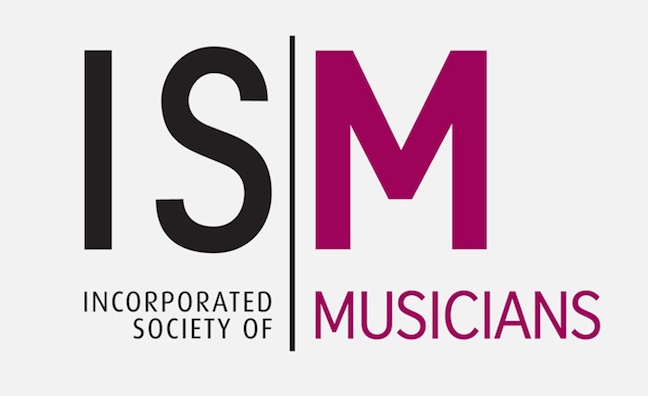The Incorporated Society Of Musicians (ISM)'s new report – Dignity At Work 2: Discrimination In The Music Sector – has revealed the scale of discrimination, including sexual harassment and racism, in all parts of the music industry.
The first-hand evidence which forms the bedrock of the report paints "a picture of unsafe workplaces where perpetrators face no repercussions and there is a scandalous lack of action by contractors and employers", according to the press release.
The report is based on data collected through a 2022 ISM survey which received 660 responses from those who work or have worked within the UK music sector.
The report’s key findings include:
- 66% of survey respondents said they experienced some form of discrimination while working in the music sector.
- 78% of reported discrimination was committed against women.
- 58% of discrimination was identified as sexual harassment.
- 76% of workers within studio and live music event settings experienced discrimination, the highest level by type of work.
- 88% of self-employed respondents did not report the discrimination that they experienced when working; for 94% of them, there was no one to report to.
This latest report suggests that over the past four years since the ISM's similar survey in 2018, the prevalence of discrimination and inappropriate behaviours in the music sector has increased.
The report makes a series of recommendations for both the government and the music – including trade bodies taking a much more active role in policing their members, extensive training across the sector, amending the Equality Act 2010 to protect freelancers, reinstating rights around third-party harassment and extending the period of time to bring claims in the tribunal.
Everybody deserves to be safe at work and it’s a scandal that our brilliant music workforce is being let down in this way
Vick Bain, ISM
Co-author of the report and ISM president Vick Bain said: "Dignity At Work 2 uncovers enormously concerning levels of discrimination and harassment in the music sector. Everybody deserves to be safe at work and it’s a scandal that our brilliant music workforce is being let down in this way. As we highlight in the report, there are solutions to the problems we face. There are meaningful actions that both the government and the music sector can and should take to eradicate these problems. We need to take action now because we don’t want to have to highlight these issues again in another four years’ time."
ISM chief executive Deborah Annetts said: "All those in leadership roles in the music sector need to work together to formulate the most effective solutions to tackle the unsafe workplaces which the ISM’s latest Dignity report portrays. The music workforce is primarily freelance which makes it particularly vulnerable to victimisation if concerns or complaints are made. This must stop. Those who are discriminated against must feel safe to come forward and raise their concerns. If we do not engender this cultural shift then nothing will change."
Roger Wilson, director of operation, Black Lives In Music, added: "This report clearly shows the challenge ahead for the music industry in addressing the issue of discrimination in the workplace. Vulnerability of the individual, their innate desire to progress in their chosen profession, and the unchecked power wielded by those in senior positions are a potent formula for discrimination to thrive. Honesty is the baseline for progress to be made. The industry needs to acknowledge, review, and address its detestable systemic flaws. Equally, there is a crucial role to be played by the government to review legislation and provide effective support for those victimised. Both the government and the music sector itself need to play their part and help make the music industry a safe place to work for everyone."












